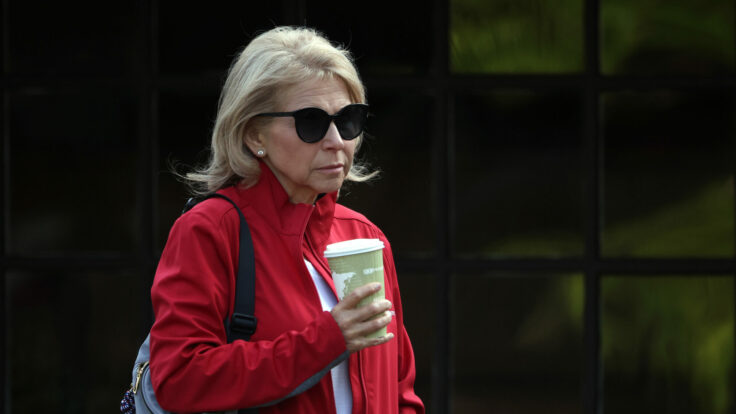I know I wasn’t alone in chuckling when the new Warner Bros. Discovery C.E.O. David Zaslav announced on an earnings call last week that he’d really like to do “something with J.K. on Harry Potter going forward,” noting that his film executives “haven’t done a Harry Potter movie in 15 years.” You don’t say! one rival exec texted, echoing a few calls I got from others on the Warners lot. People are terrible.
I know, earnings proclamations are general statements for investors, and Zaslav often talks in platitudes that can be easily understood by CNBC. So who cares if the last Potter movie was actually 11 years ago, or that Warners has since released three Fantastic Beasts movies based on J.K. Rowling’s Wizarding World, the first two of which she wrote the screenplays for herself? (Similarly, Zaz’s peer, Endeavor C.E.O. Ari Emanuel, boasted on his earnings call this week about client Keanu Reeves’ first TV show, Hulu’s Devil in the White City—a project Reeves fell out of last month.) But more importantly, to some at Warners, it was as if Zaslav’s focus on franchises in general, and Harry Potter in particular, hadn’t been the singular goal of just about every top executive at the company since the original Potter films ended in 2011. To them, it was déjà vu all over again.

















